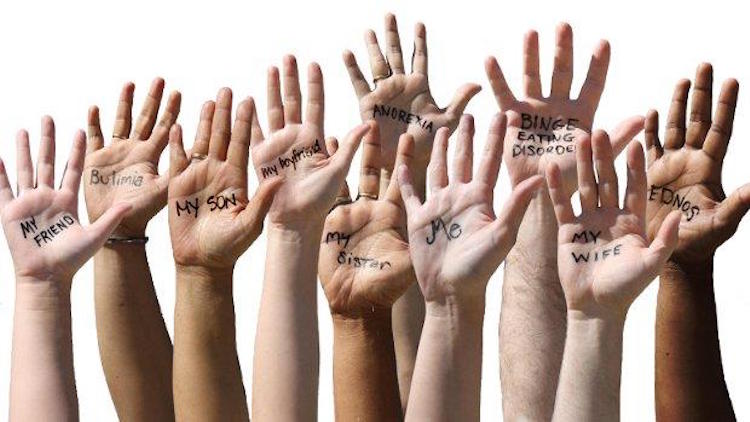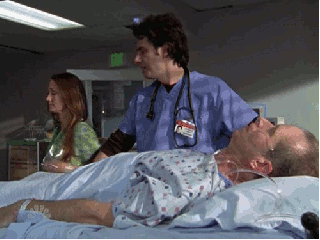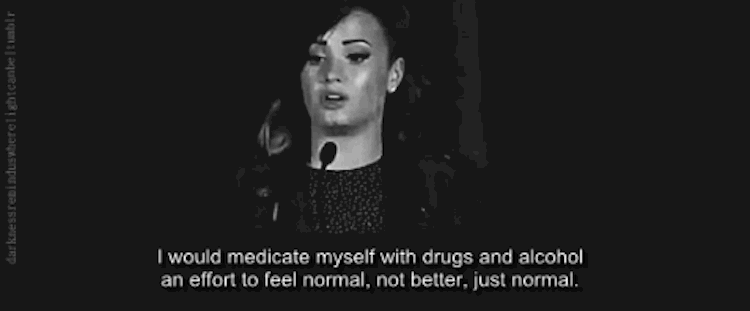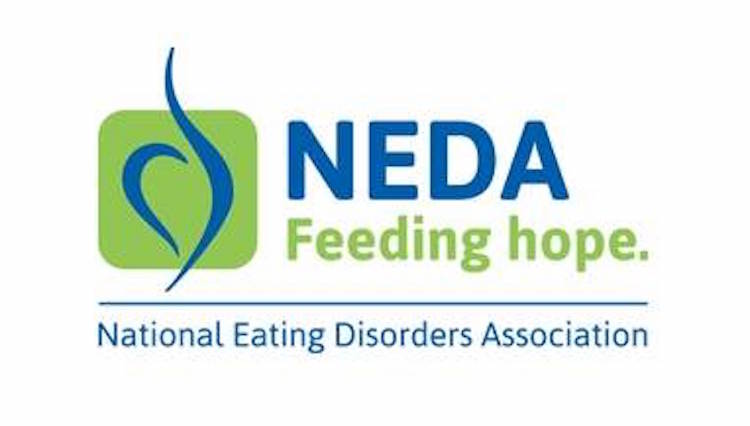If you are experiencing a crisis and need immediate help, please contact the National Eating Disorder Association helpline at (800) 931-2237 or text NEDA to 741741.
You are likely reading his article because you have come to terms with your eating disorder and want to fight it. Recovery may feel out of reach right now, but you can and will feel better. Just by clicking on this article, you made a little bit of progress, and now you can continue to move forward by taking the following steps.
1. Be proud of yourself

GIF courtesy of Wifflegif.com
The stigma surrounding eating disorders can make it difficult to admit that you have one. Maybe you think that having an eating disorder means you are weak, that you don’t have control, or that something is wrong with you. None of this is true.
Overcoming the stigma of an eating disorder can be just as difficult as the disorder itself. So admitting to yourself that you have an eating disorder and vowing to do something about it requires a great deal of courage. Be proud of yourself for accepting your disorder and for choosing to make the effort to recover.
2. Immediately tell someone you can trust

Photo courtesy of nedawareness.org
As soon as you can admit to yourself that you have an eating disorder, tell at least one other person: a friend, teacher, parent, or really anyone who knows you. They may or may not already be aware of your disorder, but regardless, you need to admit to someone that you are ready to get help.
You are about to embark on a long journey of recovery, and at times, you will want to give up. You need at least one person (if not more) in your life who you trust to continually support you and hold you accountable. If you have a cheerleader by your side along the way, it will be much easier to get back up if you fall down.
3. Seek professional help

GIF courtesy of Groupthink,Jezebel.com
Recovering from an eating disorder requires improving both your mental and physical health. First and foremost, go see a doctor to address any medical concerns, such as being under or overweight. Even if you do not have any pressing medical problems, a doctor can provide you information on the bodily ramifications of your disorder and how best to maintain your physical health as you work through recovery.
Although you should never overlook the physical aspect of an eating disorder, the problem ultimately lies within the mind itself. Eating disorders usually occur because of deeper self-esteem or control issues, and a large majority of people with eating disorders suffer from another mental illness, such as anxiety or depression.
Unless you identify and deal with the root cause of the disorder, it will continue to manifest itself in some form or another. To truly recover, you will have to address your mental health, and you cannot do so alone.

GIF courtesy of darknessreminduswherelightcanbe.Tumblr.Com
Ideally, you will be able to get consistent professional help to aid you on your journey of recovery. This may come in the form of medication, regular therapy, or both. Unfortunately, not all people have access to these resources, but even if you don’t, do not feel helpless.
You can now find a number of free online counseling services (7cups, Talkspace, and Plus Guidance are just a few) that allow you to anonymously talk or chat with trained professionals. Even if you do not feel you need counseling, take advantage of these services at least once or twice. In some cases, talk therapy can treat mental illness as effectively as medicine, and its usefulness should never be discounted or underplayed.
4. Do your own research

Photo courtesy of nationaleatingdisorders.org
The internet can be a great resource for anyone struggling with an eating disorder, even if you have access to professional help. I recommend visiting the National Eating Disorders Association website, where you can find detailed information about the causes, symptoms, effects, and methods of treatment for every kind of eating disorder. Once you more fully understand the disorder, you will feel much more prepared to defeat it.
The website also provides a forum where you can learn about recovery and talk to people who are currently going through it. In fact, the internet is filled with these types of forums. Participate (if you feel comfortable) or simply read other people’s contributions. Checking these forums regularly will help you remember that you are NOT alone in your struggle and that there will always be someone who can listen and relate to what you are going through.
If you are a reader, try turning to books for some help. You can now find eating disorder literature of all types (personal testimonial, informational, and self-help) from lots of different perspectives. Just like the internet, books can provide you with invaluable information and emotional support.
5. Make immediate changes to your behavior

Photo by Jennifer Cao
The path to recovery requires dealing with the underlying issues that are driving your behavior, but as you begin this long process, you can fight your eating disorder by immediately altering your behavior. How you change will depend on which disorder you are struggling with and how it’s affecting you. Here are just a few suggestions:
If you are struggling with anorexia, set goals for daily caloric intake and reward yourself when you meet them, or if you struggle with bulimia or binge eating disorder, try making an actual list of enjoyable activities you can do when you feel the need to eat.
Get rid of triggers. Stop keeping a food diary (or use it to make sure you are eating enough). Throw away scales. Even cover mirrors if you have to. At the end of the day, you and those who know you must develop a unique plan tailored towards your needs.
Really changing your behavior will take lots of time and effort. Just remember, every time you actively choose to treat your body with the respect it deserves, you take one step towards recovery.
6. Don’t give up

GIF courtesy of Tumblr.com
Ultimately, every eating disorder looks a little bit different, and everyone has to recover in their own way. I can only provide you a few suggestions, and I truly hope you find something that works for you. But at one point or another, everyone falls down during recovery.
Do not feel as if you have failed if you stumble along the way. You may always struggle with your eating disorder in some way, shape, or form. As long as you continue to fight it, you will regain control over your body and learn to maintain your mental and physical health.


